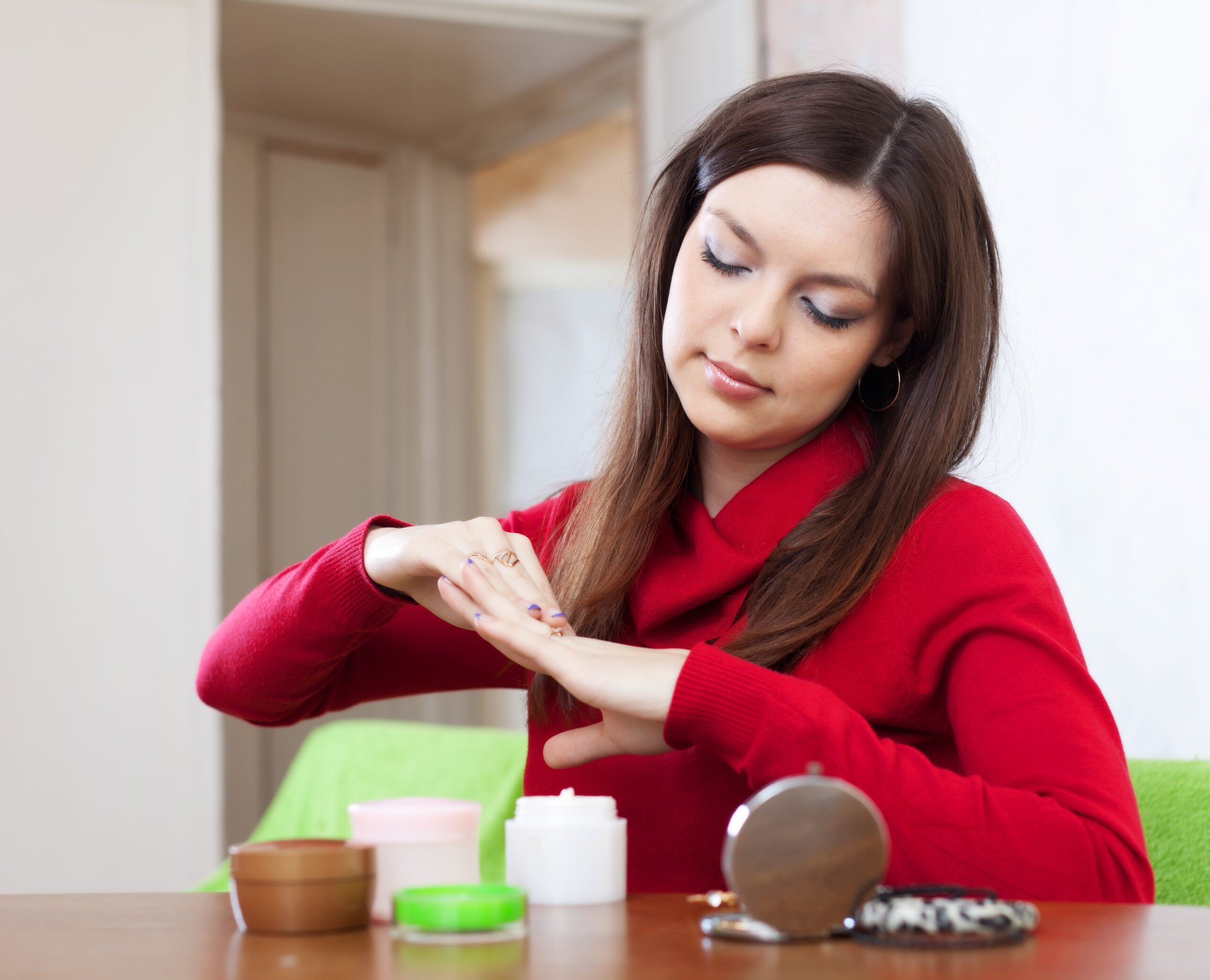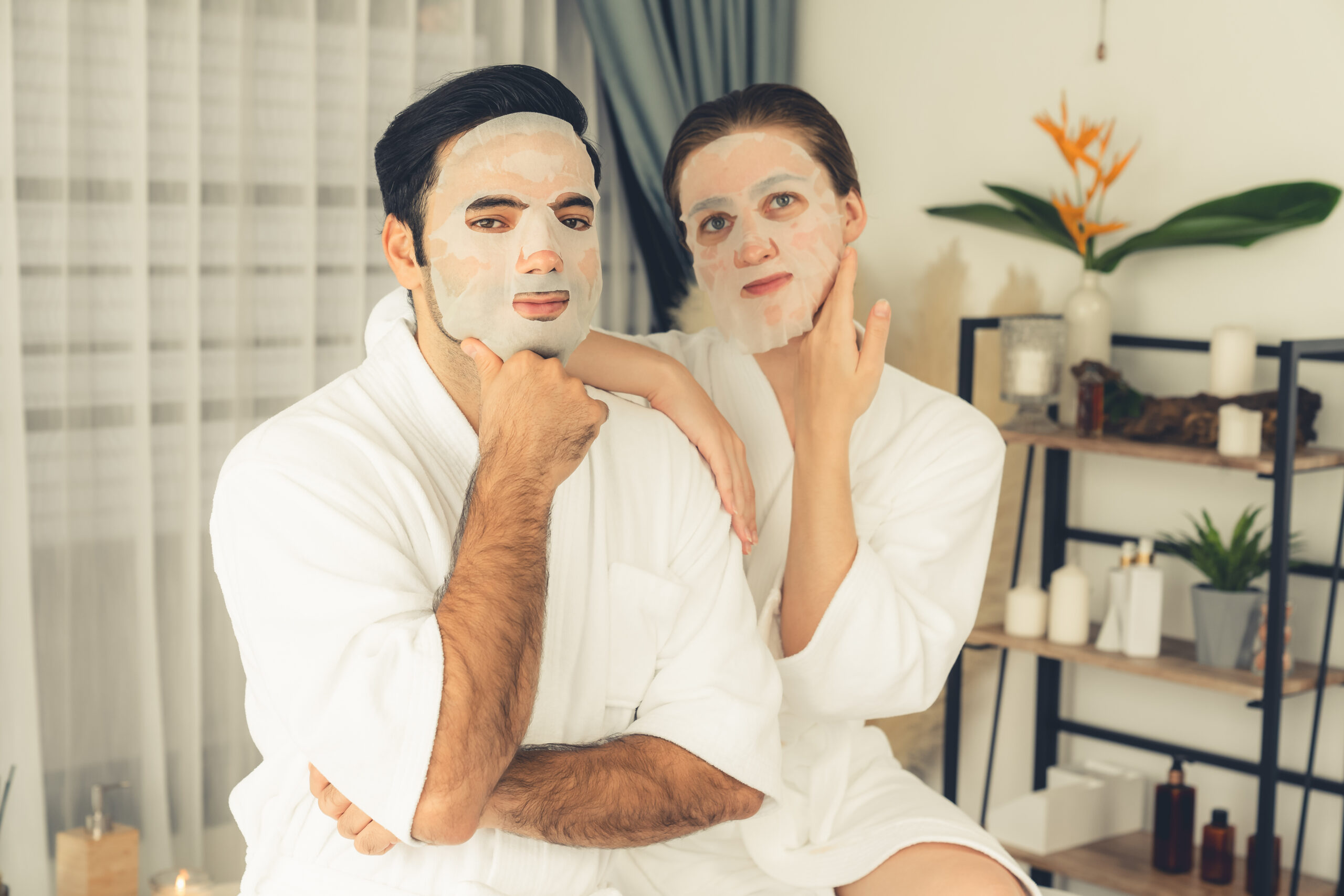

Introduction
Managing psoriasis in winter can be tough Nearly 40% of people with psoriasis report worsening symptoms during the colder monthsdue to dry air, lack of sunlight, and chilly weather, according to the National Psoriasis Foundation these triggers can leave skin feeling dry, itchy, and inflamed. But with the right care and strategies, you can reduce flare-ups and keep your skin healthier during winter. Here are some expert-backed tips to make the season more manageable.
Dr. Prachi Srivastava, a renowned dermatologist at Skinessence clinic in Panvel, has extensive experience treating psoriasis and can help you develop a personalized plan to manage flare-ups during winter. Read on for some of the best ways to control your psoriasis symptoms and keep your skin healthy during the colder weather.
The winter months often prompt us to reach for heavy, warm clothing to stay cozy, but it’s important to choose fabrics carefully when you have psoriasis. Wool, while warm, can be very irritating to sensitive skin and may trigger flare-ups. Instead, opt for natural fabrics like cotton, which are softer on the skin and less likely to cause irritation. Additionally, it’s important to layer your clothing lightly rather than wearing heavy, bulky fabrics that may cause overheating. Excessive sweating can worsen psoriasis symptoms, so breathable fabrics are essential to prevent discomfort and flare-ups.
For people with psoriasis, keeping the skin covered but not too hot is key. Consider wearing loose, comfortable clothing and always make sure to avoid tight-fitting garments that could rub against your skin and exacerbate itching and irritation.
One of the most effective ways to manage psoriasis during winter is to keep your skin well-moisturized. During colder months, the air tends to be drier, which can strip your skin of its natural moisture and make psoriasis worse. To combat this, it’s crucial to use thick, fragrance-free creams or ointments that create a protective barrier over the skin and help to lock in moisture. Make it a habit to apply these moisturizers immediately after a shower or bath to trap moisture in your skin.
The Importance of Humidifiers
Using a humidifier can help add moisture to the dry indoor air, which can be especially beneficial when you are using indoor heating systems that tend to reduce humidity levels. A humidifier will help prevent your skin from becoming too dry and irritated, reducing the chances of flare-ups. For maximum hydration, Dr. Prachi Srivastava recommends incorporating a heavier moisturizer at night to keep your skin hydrated throughout the evening while you sleep.
It can be tempting to indulge in long, hot showers during the colder months, but this can actually make psoriasis symptoms worse. Hot water strips the skin of its natural oils, leaving it drier and more prone to irritation. To protect your skin, opt for quick, lukewarm showers or baths instead. Hot water can also increase the sensation of itching, which can exacerbate the discomfort that often comes with psoriasis.
Shower Tips for Psoriasis Sufferers
After bathing, gently pat your skin dry with a soft towel, avoiding vigorous rubbing, which can cause irritation. Immediately apply your moisturizer while your skin is still damp to lock in as much moisture as possible.
The reduced exposure to sunlight in the winter months can worsen psoriasis, as UV rays are known to have therapeutic effects on the skin. If you notice your symptoms worsening due to the lack of sunlight, phototherapy might be a viable treatment option for you. Phototherapy is a controlled treatment that uses ultraviolet light to reduce the inflammation associated with psoriasis. This method helps slow down the rapid growth of skin cells, which is the primary cause of psoriasis.
Is Phototherapy Right for You?
However, phototherapy should only be used under the supervision of a healthcare professional, such as Dr. Prachi Srivastava at Skinessence in Panvel, who can guide you on whether this treatment is appropriate for your condition. Dr. Prachi offers consultations to determine if phototherapy is a suitable option to manage your psoriasis and how to incorporate it into your overall skincare routine.
What you put into your body can have a significant impact on your skin, especially when managing a chronic condition like psoriasis. Staying hydrated by drinking plenty of water is essential to help maintain your skin’s moisture levels and improve overall skin health. In addition to staying hydrated, focus on a diet rich in anti-inflammatory foods to support your skin and reduce inflammation. Foods such as fresh vegetables, leafy greens, fatty fish (like salmon and mackerel), and nuts (like walnuts and almonds) can provide essential nutrients that promote skin healing and help to calm inflammation.
Nutritional Boost for Psoriasis
Omega-3 fatty acids, found in fatty fish and flaxseeds, are particularly beneficial for individuals with psoriasis, as they help to reduce skin inflammation. Try to include these foods in your diet regularly to support the health of your skin.
Stress is a common trigger for psoriasis flare-ups. During the winter months, people may experience seasonal stressors, such as holiday pressure or even the physical stress caused by the cold. Reducing stress is essential for managing psoriasis symptoms. Activities like meditation, yoga, or even a brief 10-minute mindfulness break can significantly lower your stress levels and reduce the chances of a flare-up.
Take Time for Yourself
Dr. Prachi Srivastava also recommends taking time for self-care and relaxation during the colder months. Finding a routine that helps you unwind and disconnect from stress can improve both your mental and physical health. Stress management techniques can be highly beneficial in keeping your psoriasis symptoms under control.
Regular exercise has numerous benefits for both your skin and overall health. Exercise promotes good circulation, which helps reduce inflammation and supports healthy skin. Staying active during the winter months can help keep your psoriasis symptoms in check, as long as you take care to wear breathable clothing and shower promptly after sweating to avoid any skin irritation.
Indoor Exercise Options
Consider indoor activities like yoga, swimming (in warm indoor pools), or gentle stretching exercises to stay active without aggravating your psoriasis. Always wear soft, moisture-wicking clothing during exercise to prevent irritation.
Managing psoriasis during the winter months doesn’t have to be a daunting task. With a few simple adjustments to your daily routine and the right skincare practices, you can keep your skin healthy and reduce the risk of flare-ups during the cold weather. From moisturizing and dressing smartly to staying active and managing stress, these expert tips will help you make it through winter with fewer skin issues.
If you’re looking for personalized advice and treatment options to manage your psoriasis, Dr. Prachi Srivastava at Skinessence in Panvel is here to help. Whether you're considering phototherapy, need guidance on the best skincare products, or are looking for a custom approach to managing your psoriasis, Dr. Prachi’s expertise can provide the support you need. Book a consultation today to take the first step toward healthier skin this winter!




M D in Dermatology,Venerology and Leprosy
Best Skin Doctor in Panvel
